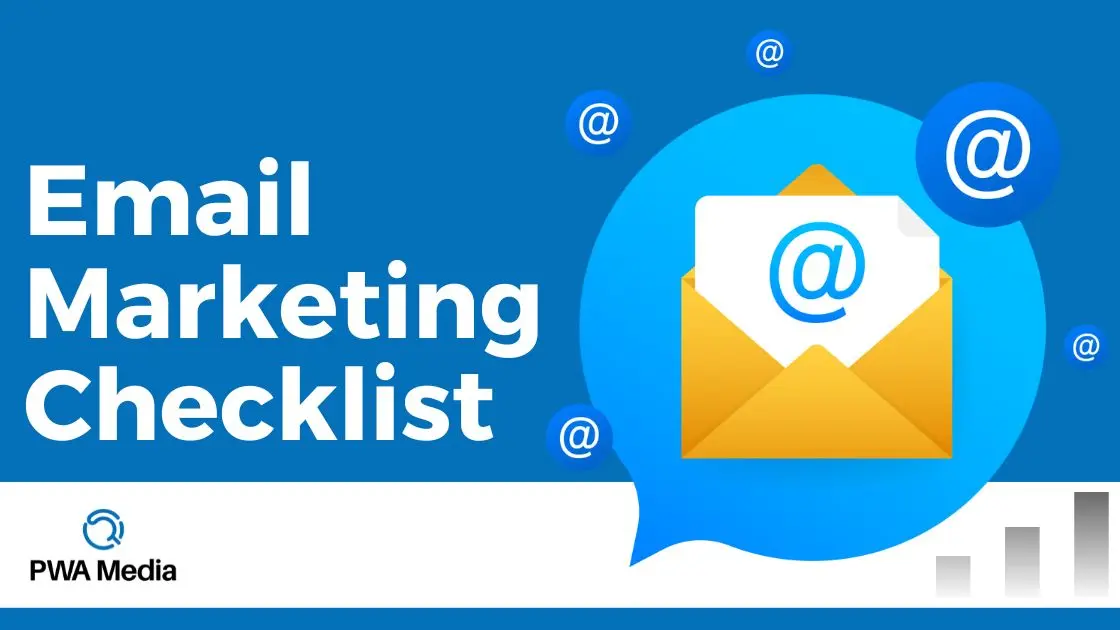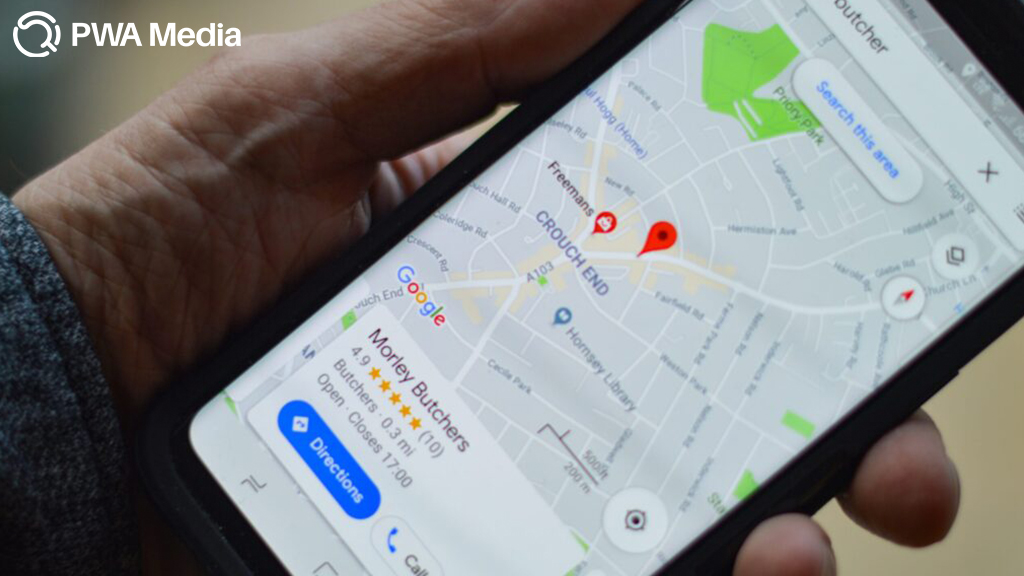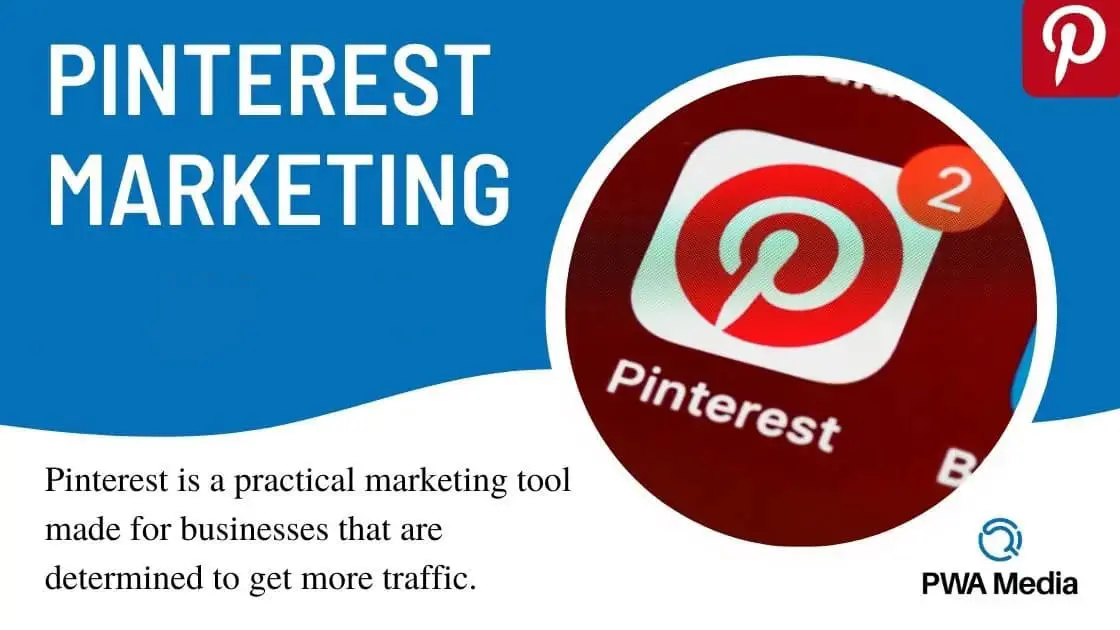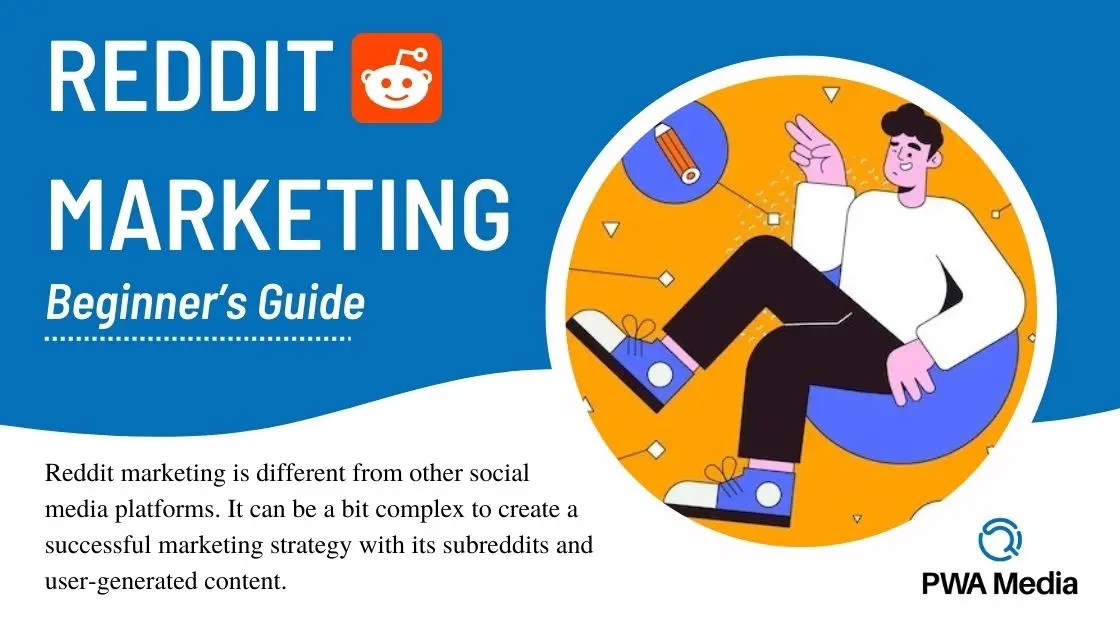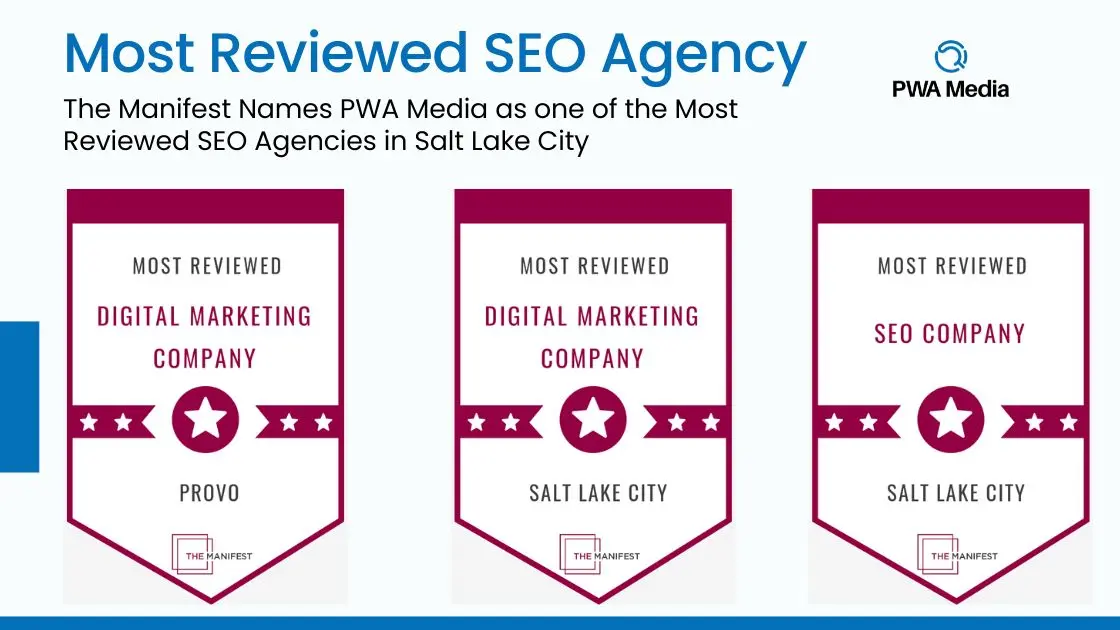Optimizing your content for voice search opens up a new way to connect with potential customers. But what sets voice search apart from the conventional way of searching? And how should you tweak your search engine optimization (SEO) strategy to make the most of it? In this article, we’ll explore the ins and outs of this digital voice search.
In today’s tech-savvy world, voice search is becoming increasingly popular. People are using voice-activated devices like smartphones, smart speakers, and virtual assistants to find information quickly and effortlessly.
We will discuss all the mechanics of voice search, understand the user behavior behind it, and provide strategies to ensure a strong online presence.
Table of Contents
ToggleWhat Is Voice Search?
Voice search is a revolutionary method of using the power of speech to utilize the internet. This cutting-edge technology is like talking to your device to find things on the internet. It uses smart technology to understand your words and turn them into search results.
While the concept of voice recognition has been in existence since the early 1950s, it only gained importance in 2011 with the emergence of IBM’s Watson, a supercomputer that famously outperformed human contestants on the quiz show Jeopardy. Since then, voice search has evolved and become a part of our daily lives.
Voice search isn’t trying to replace regular text search; it works together with it. You can think of it as an extra way to ask questions. This can help businesses reach more customers quickly and easily.
Why Optimize for Voice Search?
Recent statistics from eMarketer’s survey reveal that nearly 40% of internet users in the United States now use voice search. This remarkable adoption rate shows the importance of people using voice search-enabled devices. Also, the number of voice searchers in the U.S. is expected to exceed 200 million by 2024.
Using voice search isn’t just an option for you; it is a smart way to get more people to find your business online. When you use voice search, you can reach a new group of people who use smartphones and smart speakers to find businesses and buy things.
Moreover, optimizing for voice search can improve your website’s overall SEO and ranking. Also, search engines favor websites that optimize voice searches by enhancing your site’s authority and potentially for high search results.
How Does Voice Search Operate?
Voice search works in a few steps, and knowing the basics can help you make it work better for your website. When you initiate a voice search query, a voice search assistant follows these essential stages:
- Filtering: It starts by listening and filtering background noise to focus on your voice.
- Turning Sound into Data: Then, it changes your spoken words into digital information so it can understand them better.
- Understanding Your Voice: It figures out what you’re saying by analyzing your voice.
- Finding Answers: Next, it looks for answers from sources like Google.
- Explaining Answers: Once it finds the right information, it tells you what you want to know in a way you can understand.
- Checking for Accuracy: It compares what you said to what it knows to ensure it’s right.
6 Voice Search SEO Tips That You Need to Apply
Here are the top 6 strategies that you need to apply for optimizing your website for voice search SEO:
1. Aim for the "position zero" spot

If you want to make sure more people can find your website when they use voice search, you should try to get your content to appear in the top spot, which is called “position zero” in search results. According to a study by Moz, 87% of the answers that voice assistants like Siri and Google Assistant give outcomes from this special spot in the search results.
This shows just how crucial it is to aim for that top position zero spot. But what exactly are these featured snippets or position zero results? You might see a special box at the top of the results page when you search online. It usually has a short paragraph with the words you searched for highlighted. This box is a featured snippet taken from a website that Google thinks has the best answer.
When Google reads a snippet, it says where it got the info from. So, if your website has the answer, Google will mention it like, “According to [your website name].” If there is no featured snippet for a search, your business can try to get one. This can help you stand out when people use voice search, giving you an edge.
2. Focus on Semantic Search

Semantic search is a smart way to understand what people want when they search online. By knowing this, you can make your website match what they seek. This helps you show up better in voice search results. The key is to figure out what people mean when they search.
For example, if someone asks a voice assistant about “movies in Philadelphia,” they probably want to know what movies are playing in Philadelphia. But if they type the same thing on a computer, they might be looking for movies set in Philadelphia, like Rocky.
Understanding what people want when they search helps you use the right words on your website. This makes it easier for search engines to find you. So, you are more likely to show up when people use voice search.
3. Create Valuable Content

When you are creating content, do not use fancy or complex words that people may not understand. Instead, write like you are talking to a friend with simple, easy words that work best for your audience, especially in voice search.
Also, you need to pay attention to how your customers talk on your website and social media. This helps you know them better and write in a way that they easily understand. People often ask questions when they use voice search, like “who,” “what,” “where,” “why,” “when,” or “how.” Use these question words in your content to do better in voice search.
Moreover, you can use Google to see what words people often use when searching for certain topics. If you use these words in your content, you will do better in voice search and make your audience happier.
4. Make your Brand Name Easily Readable

Getting a featured snippet is the best way to make more people know about your brand because Google has the authority to rank your brand easily. If Google does not understand your brand, it will not be right for ranking because your audience may have trouble understanding and remembering it.
To make sure your website connects well with your audience, try a “radio test.” This test looks at different parts of your brand name to find any confusion it might cause when people hear it. For example, if your brand has the number “2,” it could be tricky. Is it “2,” “two,” “to,” or “too”? Depending on the context, it can be confusing.
Also, words that sound the same but mean different things, like “C,” “see,” and “sea,” can make voice searches harder to understand. These are just some examples of how your brand name can affect how people find you in voice searches. Making your brand name easy to say and understand is important. When people can remember your brand, they’re more likely to visit your site again, which helps you succeed online.
5. Claim your Google Business Profile

Many voice searches are from people looking for nearby businesses. They might ask, “Where’s the nearest pizza place near me?” or “Where can I get car tires?” To attract these local customers, having a Google Business Profile is important. It helps you succeed in getting noticed by people searching for local services.
When people use voice search on platforms like Siri, they see a list of the top three nearby businesses. This group of three is called the “local SEO 3-pack.” To make sure your business appears on this important list, you should claim and improve your Google Business Profile.
First, claim your listing and make sure you fill in all the important info correctly. Pay extra attention to things like your phone number, address, and opening hours. These details matter a lot because voice search people often ask where you are, when you’re open, and how to contact you. So, getting these details right helps your business show up in the 3-pack.
To improve your Google Business Profile, you should add links to useful stuff, put up pictures, and ask customers to write reviews. More people will see your business in voice search results when you do these things. It helps your business stand out and become easier for local folks to find when they use voice search.
6. Create an FAQ Page

When people search online, they often ask questions. To attract more visitors to your website, you can create a page with frequently asked questions called an FAQ page. FAQs are helpful because they answer common questions about your products, industry, and company. By giving people answers, you share knowledge and build trust with your audience.
An FAQ page can also make your website appear in special search results. But you can go even further. Make content that directly answers these common questions. This helps attract valuable customers and keeps your business in their minds.
Conclusion
When it comes to Voice Search SEO, the key is to speak your audience’s language. Use simple words, understand what they’re looking for, and make sure your business information is clear and up-to-date. It is important to claim and optimize your Google Business Profile, as this helps you appear in local search results.



